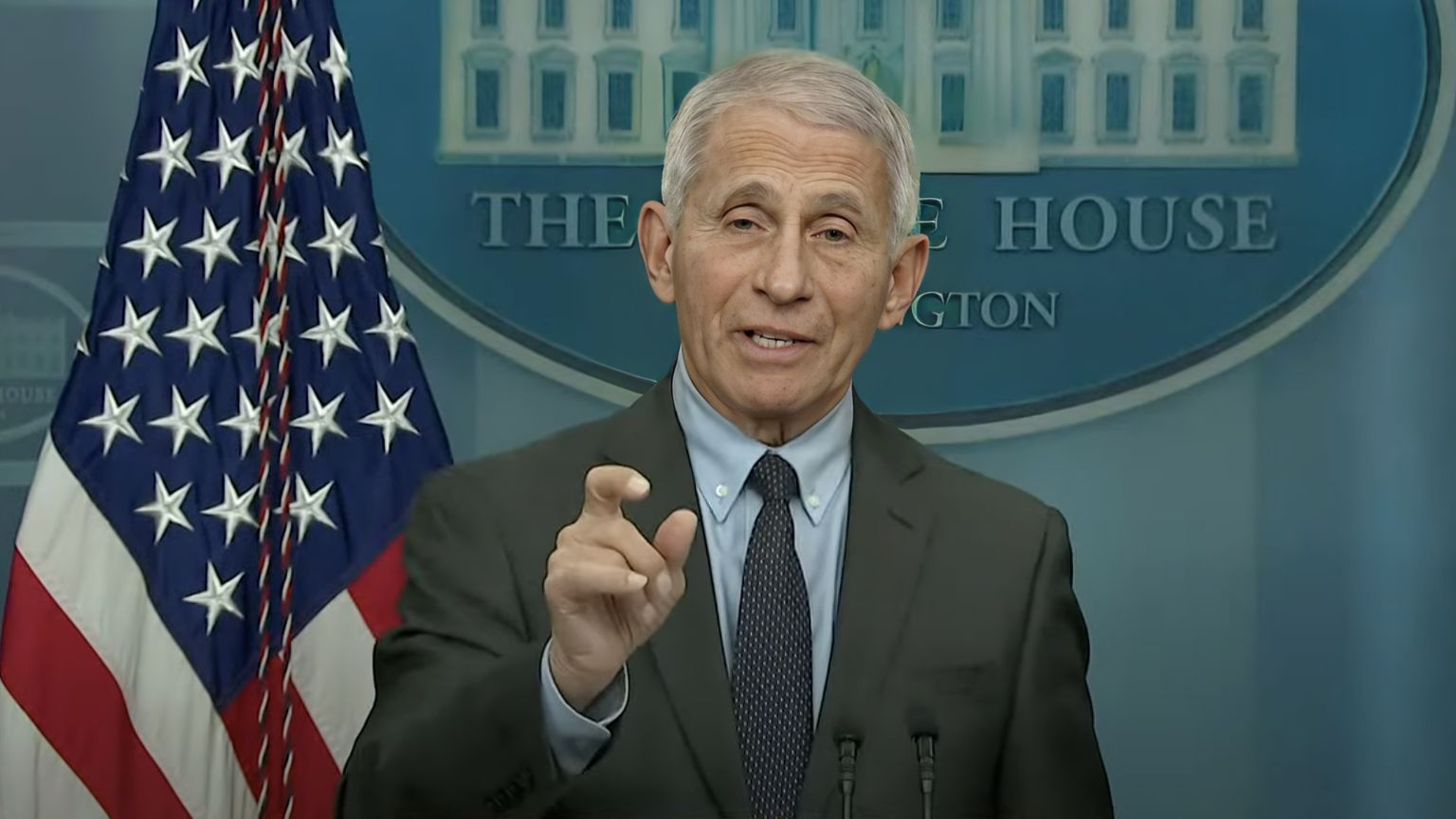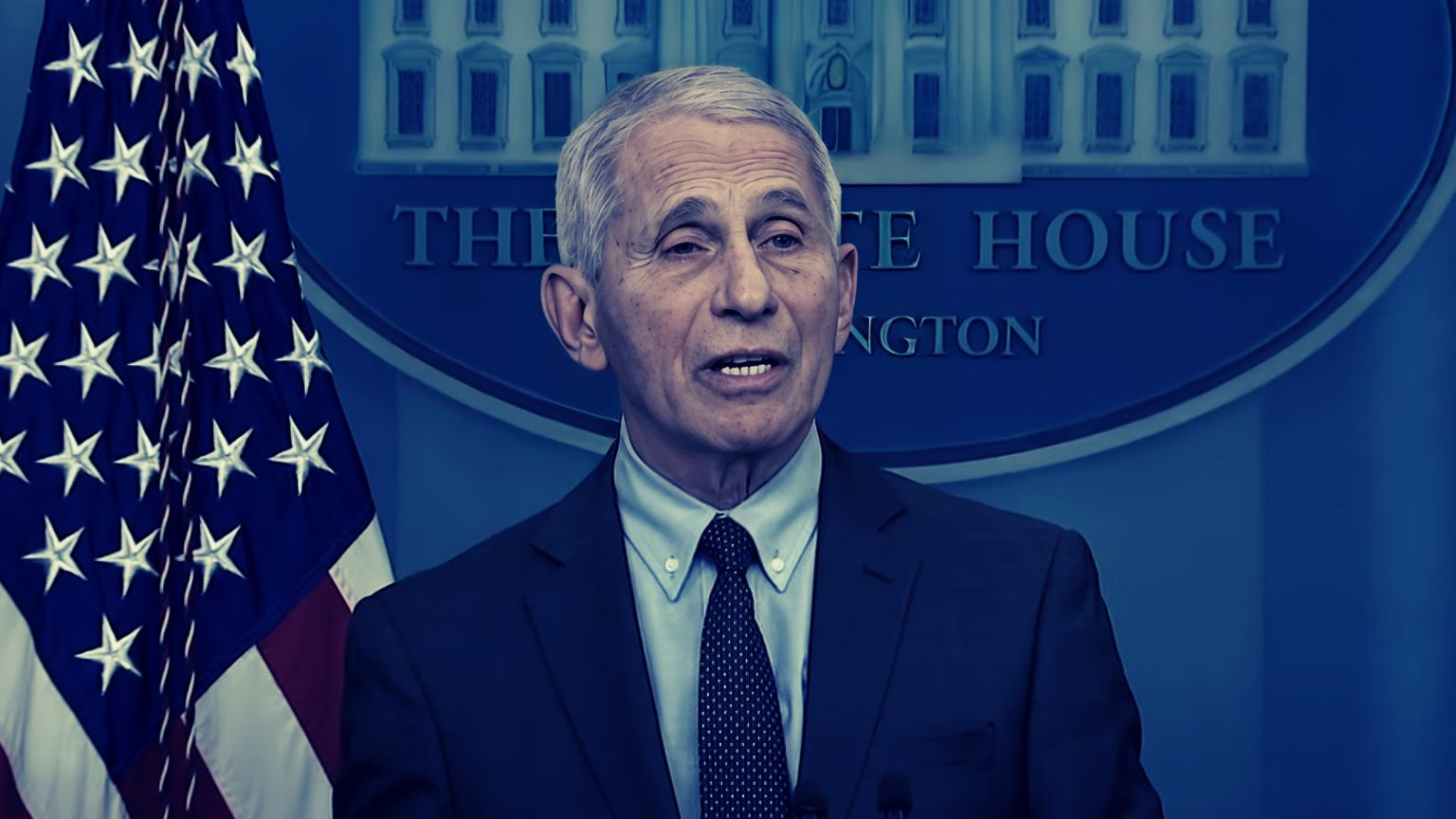Australians will be voting for a new prime minister on Saturday.
Opinion polls so far show that the race is too close to call, but whoever wins will have to grapple with hot-button issues like the rising costs of living and increased borrowing costs after the country raised rates for the first time in more than a decade.
Economic concerns have been at the front and center of domestic campaigning for the front runners — incumbent Prime Minister Scott Morrison from the ruling conservative Liberal-National coalition is defending his position against his closest rival opposition, Labor Party leader Anthony Albanese.
The economic issues that have come up, such as rising inflation, are largely out of control of either party, analysts say, but whoever wins will have to tackle them.
"Whoever comes into government will have to address the economic situation, they'll have to address issues, including inflation, including cost of living pressures, and including, of course, the global uncertainty at the moment thanks to issues such as the war in Europe," said Zareh Ghazarian, senior lecturer in Politics and International Relations at Monash University.
Prime Minister Scott Morrison speaks at a press conference during a visit to a housing site in the suburb of Armstrong Creek, on May 18, 2022 in Geelong, Australia. The Australian federal election will be held on Saturday 21 May.
Asanka Ratnayake | Getty Images News | Getty Images
Inflation in Australia hit a 20-year high in April, with the consumer price index jumping 5.1% on an annual basis as petrol and food prices climbed. It prompted the central bank to raise rates to a level that was more than analysts expected, for the first time in more than a decade.
Meanwhile, however, wage increases failed to keep pace. Data showed wages in Australia rose only a modest 0.7% in the first quarter.
Opinion polls by the Sydney Morning Herald earlier showed the main opposition Labor Party in the lead —but that lead has narrowed to 51%-49% on a two-party preferred basis, where votes are ranked by preference and distributed to the highest two candidates. It was 54%-46% two weeks ago.
Nearly 6 million voters out of an electorate of 17 million have already cast their ballots through postal votes or early in-person voting, official data showed, according to Reuters.
Focus on growth
Both Labor and the ruling coalition will have to address cost-of-living issues and challenges to economic growth, according to the political watchers.
"One of the things that has been shared by the parties is that they're really talking about going for economic growth. We haven't really seen a party talk about … going down the path of some European countries in the past, of having very frugal policies," said Ghazarian.
"Like the Coalition, the [Labor Party] is largely seeking to repair the budget through economic growth rather than austerity and its priority areas of energy, skills, the digital economy, childcare & manufacturing have a significant overlap with the Coalition," said Shane Oliver, head of investment strategy and chief economist at Australian financial services firm AMP.
The Labor Party will likely seek to be more "interventionist" in the economy, as compared to the coalition, said Oliver.
It will damage the economy, it will cause China to increasingly turn away from Australian products, to increase tariffs.
Stewart Jackson
University of Sydney
He pointed out, however, that the difference in the tools they will be using to manage the economy will be "relatively minor."
"While there may be a little more nervousness in investment markets about Labor, it's hard to see a big impact on markets if there is a change in government," he added.
Whoever wins will 'struggle'
Whether Labor or the Liberal-National coalition wins, they "will struggle" to manage the economy, according to Stewart Jackson, senior lecturer at the Department of Government and International Relations, at the University of Sydney.
Jackson pointed out that inflation has been driven by external events such as rising oil prices caused by the Russia-Ukraine war.
China factor
He also pointed to another factor surrounding Australia's relationship with China.
Jackson said the coalition government has picked fights with China and that's not a positive.
"I see this [as a] zero sum game," he said. "It will damage the economy, it will cause China to increasingly turn away from Australian products, to increase tariffs."
Shortly after the pandemic started, Australia's relationship with China, its biggest trading partner, deteriorated sharply. That followed Australia's support of a call for a global inquiry into China's handling of its initial Covid-19 outbreak.
Those tensions spilled over as China imposed sanctions on a slew of Australian goods. They ranged from levying tariffs to imposing other bans and restrictions — affecting Australian goods including barley, wine, beef, cotton and coal.
"Labor … has been campaigning on economic management as well, and they've been criticizing the government for what they perceive as being mismanagement of the economy," Ghazarian said.
"As a result of that, the issue of who is a better economic manager — while it would usually be a coalition strength — I think this time, has not been as strong as in previous occasions."










 English (US) ·
English (US) ·